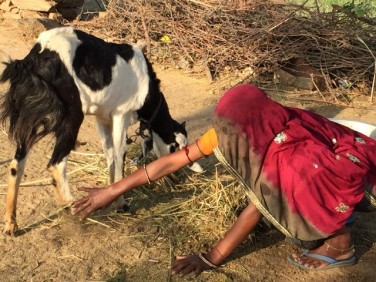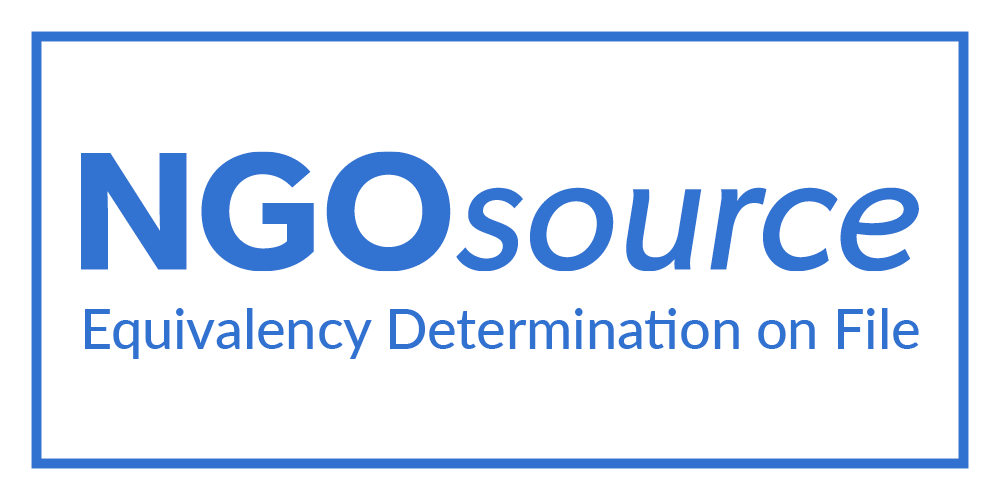“We use the soul and the heart and not the head.” This quote of Jitendra Kumar, managing director at Maitree in the district of Tonk, Rajasthan, is a clear and honest insight about social business in rural India. A lot of business initiatives are taken by passionate people and this is great! What is lacking is business knowledge to put a sufficient supply chain in place and use the economic and market principles of making a business successful.
2 million NGO’s
The poorest of the poor attracts a whole industry of people doing good. From a social perspective there are hundred thousands of activities in rural India. On every 600 Indians there is 1 NGO, meaning there are 2 million NGO’s in India. All these NGO’s have their own scope, area, district, state, topic, etc. On one hand this is great; there are still 700 to 800 million people in India lacking good health services, qualitative education, irrigation, income, inequality between men and women, etc.
An industry in itself
On the other hand all these activities are an industry in itself. I just quoted a manager who has worked in the sector for the last 25 years: “When India has no poor people anymore, a lot of people are jobless.” Next to jobs there are many conferences and research about empowerment, community development and making markets work for the poor.
Heart breaking
Last week I saw a cow shelter, built with grants for Dalit women in the district Tonk, Rajasthan. The shelter was housing 2 cows. The space was enough for 6 to 8 cows. Just built this big because of a grant. The female farmer had no money (and no credits) for food. Near the shelter, a boy walked with a limp because he had an infection in his feet. I asked who was taking care of this sick boy. They just told me there was no health service available in the nearby area. Heart breaking….
Social business
The main question is: how to improve these mismatches in the field, started with the best intentions? From my perspective we have to take care of the poorest of the poor with an indepth integrated community development program with health and education as first priorities. Social business though, has to start with the richest of the poor because this is already a huge task. In social business there has to be an integrated business approach with a viable business model. Grants are OK for a start up phase, but after 2 to 3 years grants have to be replaced by investments and loans.
Maria van der Heijden


